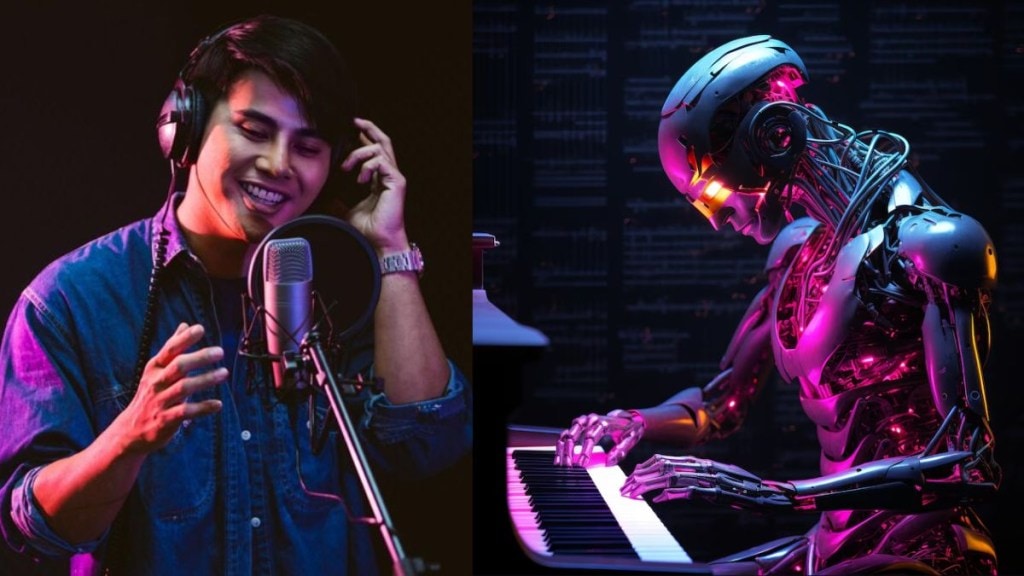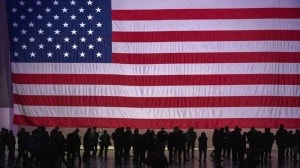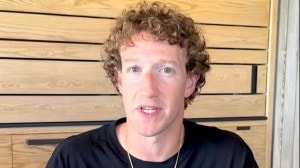As the saying goes by ‘curiosity kills the rat’, the experimental use of artificial intelligence (AI) in music seems to pose a threat to the music industry. Reportedly, last year in April, ghostwriter977, a TikTok user, wrote and produced a song called “Heart on my sleeve” which went viral, reaching about 5 million views on TikTok and hundreds of thousands of views each on Spotify and YouTube. The song is believed to have sounded like Drake, a Canadian rapper and The Weeknd, a singer-songwriter. However, neither Drake nor The Weeknd had a clue about the song.
In reference to the incident, experts suggest that these songs have been created by AI. The use of AI is based on complex algorithms and machine learning methodologies which can analyse big amounts of music data, get original music, refine production quality, personalise user experience, and even assist in music education.
AI in music: The battle begins!
From what it is understood, AI algorithms have the potential to explore unconventional music styles and combinations, leading to innovative and unique compositions. It can tailor music to individual preferences, leading to unique user experiences and engagement. However, “Loss of ‘human touch’ and excessive reliance on machine generated algorithms. AI-generated music may lack the emotional depth and authenticity of music created by human composers. There’s a risk that artists may become overly dependent on AI tools, limiting their creativity and originality,” Siddharth Chandrashekhar, advocate and counsel, Bombay High Court, highlighted.
Early reports suggest that a song featuring what sounded like Bad Bunny and Bieber’s voices started circulating on TikTok, garnering millions of likes. However, it was founded later that an artist named FlowGPT used AI to recreate the voices of Bad Bunny, Bieber and Daddy Yankee in a reggaeton anthem. “The impact of AI on original singers is multifaceted and hinges on several factors. While the rise of AI-generated music presents increased competition and alternative options for original singers, the essence of authenticity and emotional depth remains pivotal in captivating listeners worldwide,” Ankit khanna, co-founder, Kalamkaar Music Pvt Ltd, suggests.
Is AI the next singing superstar?
Industry experts believe that the potential of AI can be embraced sooner or later in fields such as audio production and songwriting, among others. “I personally have used ChatGPT to brainstorm and spark ideas and help with song concepts and lyrics and can make our creative workflows so much easier and more efficient. AI can be an amazing creative aid if we let it. At the end of the day, the human artistic vision is still driving everything, but now we have this powerful technology to support and enhance our natural abilities. I’m excited to explore how AI can open up new creative avenues for musicians and artists,” Sejal Kumar, actor, lifestyle content creator and artist, explained.
Despite concerns about job displacement, collaborative opportunities remain where original singers can synergise with AI-generated music to enhance their performances and explore new musical avenues. “Additionally, AI also has the potential to automate tasks including mixing and mastering process, producing backing tracks and even suggesting chord progressions, thereby shortening the production process, saving time and costs without sacrificing quality,” Hariom Seth, founder, Tagglabs, said.
Recent developments by Spotify and Apple Music in using AI algorithms to suggest people songs based on their listening habits, also comes into the picture. Looking at future aspects, “ I believe while AI offers transformative potential in enhancing efficiency and technical aspects, it should serve as a complement rather than a replacement to human creativity. We must be mindful to not let AI overshadow the heart and soul of what makes music and art truly special. It is our individuality and originality that set us apart,not merely our capacity to produce quickly and efficiently,” Taufiq Khan, founder, WOLF BREAD, concluded.
Follow FE Tech Bytes on Twitter, Instagram, LinkedIn, Facebook







